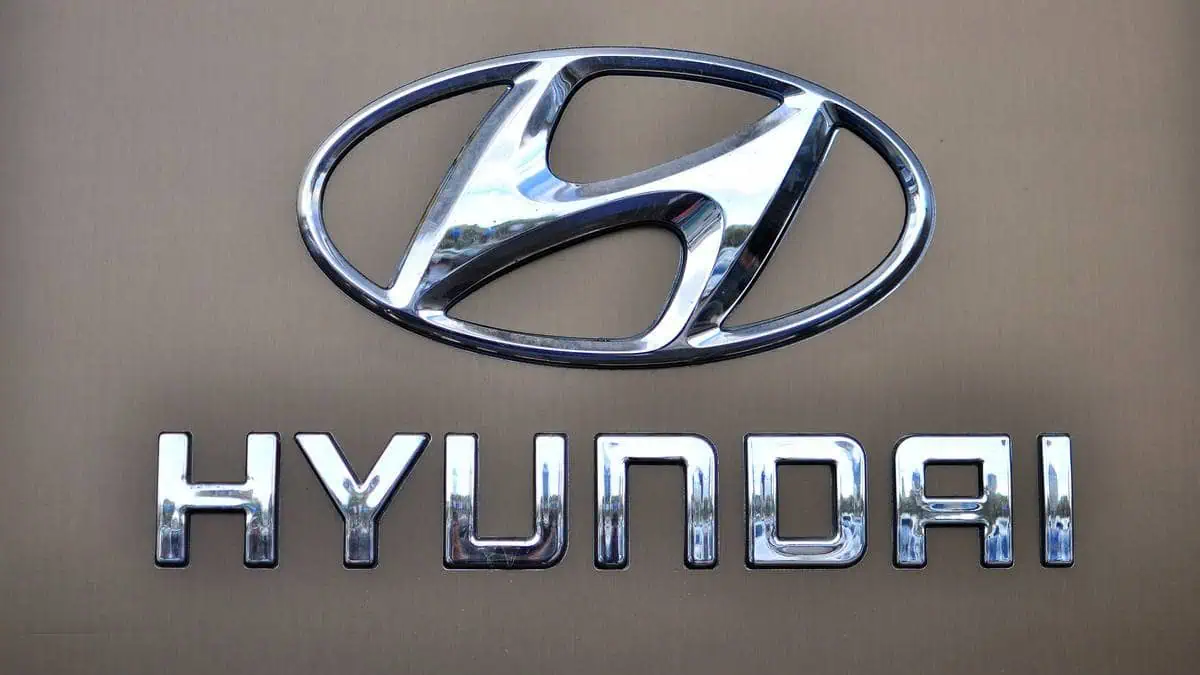South Korean legacy automaker has just announced Monday the successful groundbreaking ceremony at its new electric vehicle factory in Ulsan. According to the press release, the site will aid the company in advancing its position in the rapidly growing electric vehicle industry.
“I trust Ulsan will be an innovative mobility city that leads the way in the era of electrification.”
Hyundai Motor Group’s Executive Chair Euisun
Investment details
Hyundai will invest approximately 2 trillion won ($1.5 billion) at its local EV-dedicated factory in Ulsan. It will follow in its brand heritage while also facilitating growth in the electric vehicle era.
The “people-centric” factory will cover about 548,000 m2 of land, with plans to leverage innovative production platforms from the Hyundai Motor Group Innovation Center in Singapore (HMGICS) without compromising efficiency and safety. It will enable the company to future-proof its new facility, which includes AI-based smart control systems and sustainable operation methods to achieve carbon neutrality and RE100 certification.
Hyundai emphasized its plans to employ the brand’s 56-year brand heritage, carmaking expertise, and technological skills to become a leading company in electric vehicle manufacturing.
These goals would not be impossible, considering the major government support for the ongoing project development.
“I believe that Hyundai Motor will stand out as a powerhouse in the electric vehicle era with decisive investments. The government will prioritize supporting the improvement of the business investment environment, including bold tax incentives and eliminate regulations that inhibit economic growth.”
First Vice Minister of Trade, Industry and Energy Young-jin Jang
Production targets
Hyundai aims to commence the full-scale development at the site in the fourth quarter of the year. Meanwhile, mass production will officially kick off as early as the first quarter of 2026.
The new Ulsan EV-dedicated factory has the potential to reach an annual production output of 200,000 electric vehicles. It is worth noting that this $1.5 billion facility marks the first new domestic factory of the company in its home country in 29 years after the Asan plant in 1996.
In order to achieve the set annual production guidance, Hyundai aims to establish a harmonious working environment for workers and respect its “co-existence with nature.”
Hyundai announced that the first model to undergo production at the factory will be an all-electric SUV from the luxury brand Genesis.
Reuters indicated that Hyundai’s Ulsan complex is currently its largest production site. It has its own car-carrier port with a production output of 1.4 million vehicles per year. Of that total, 1.1 million units are for exports.
The new factory development is part of Hyundai’s wider strategy to launch 31 new EV models by 2030, as per AutoGuide. However, it will also pose a major disadvantage for its US business, given that the Ulsan-made models will not be eligible for the Inflation Reduction Act’s federal tax credits of up to $7,500.






